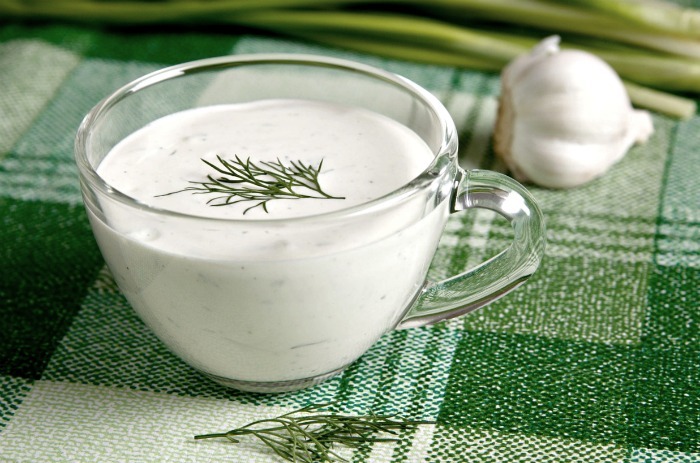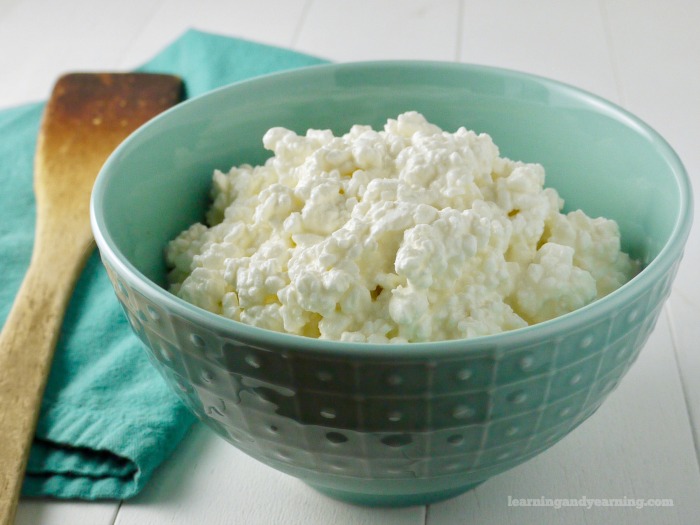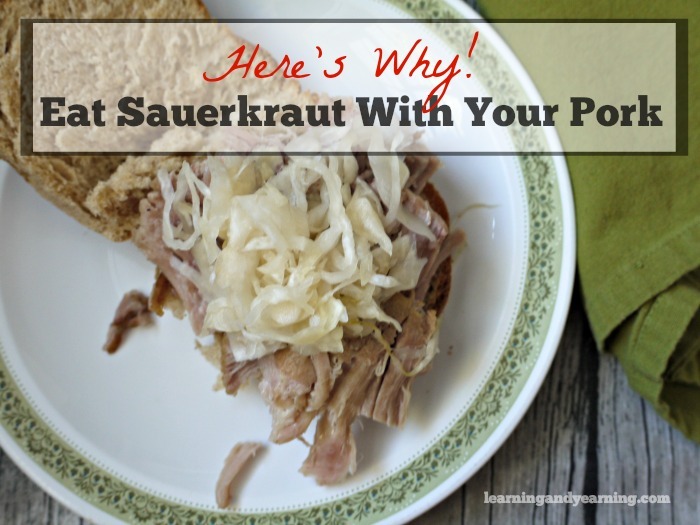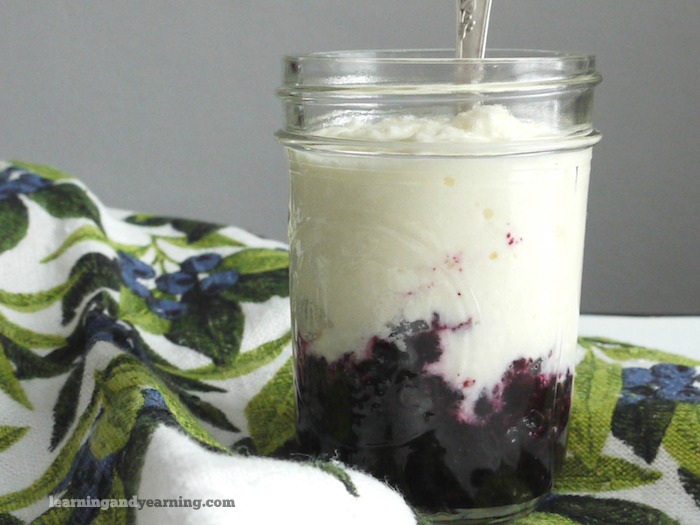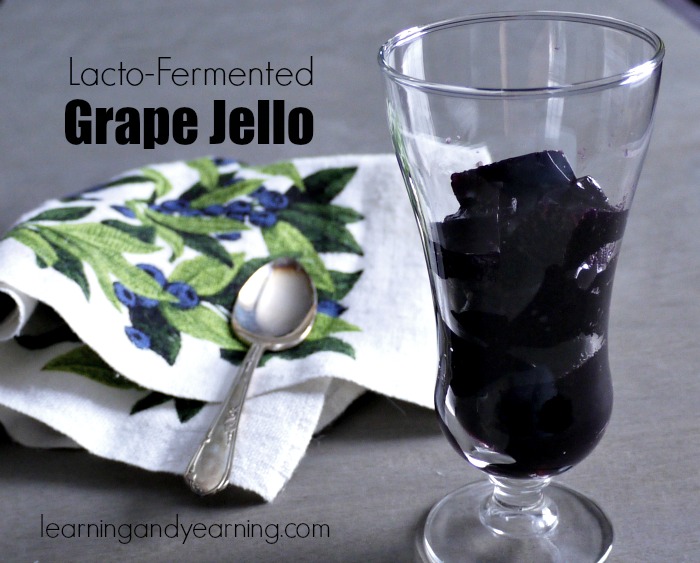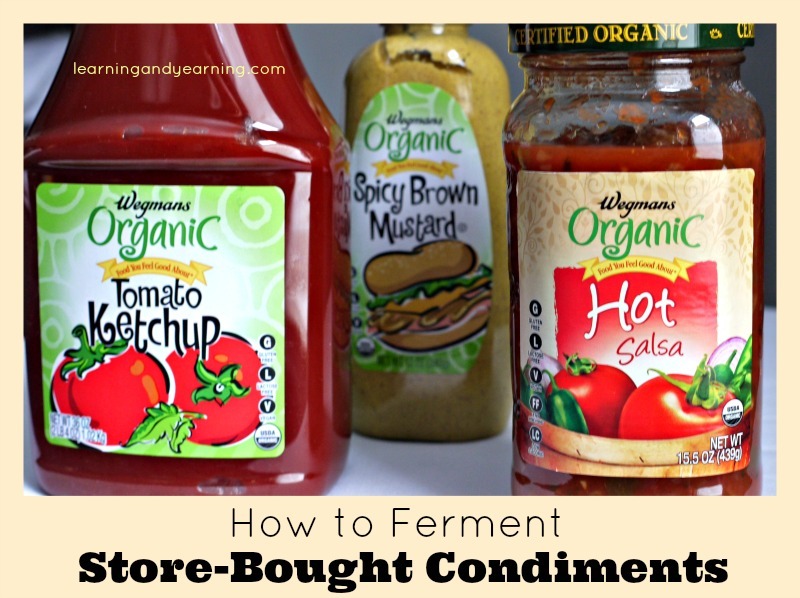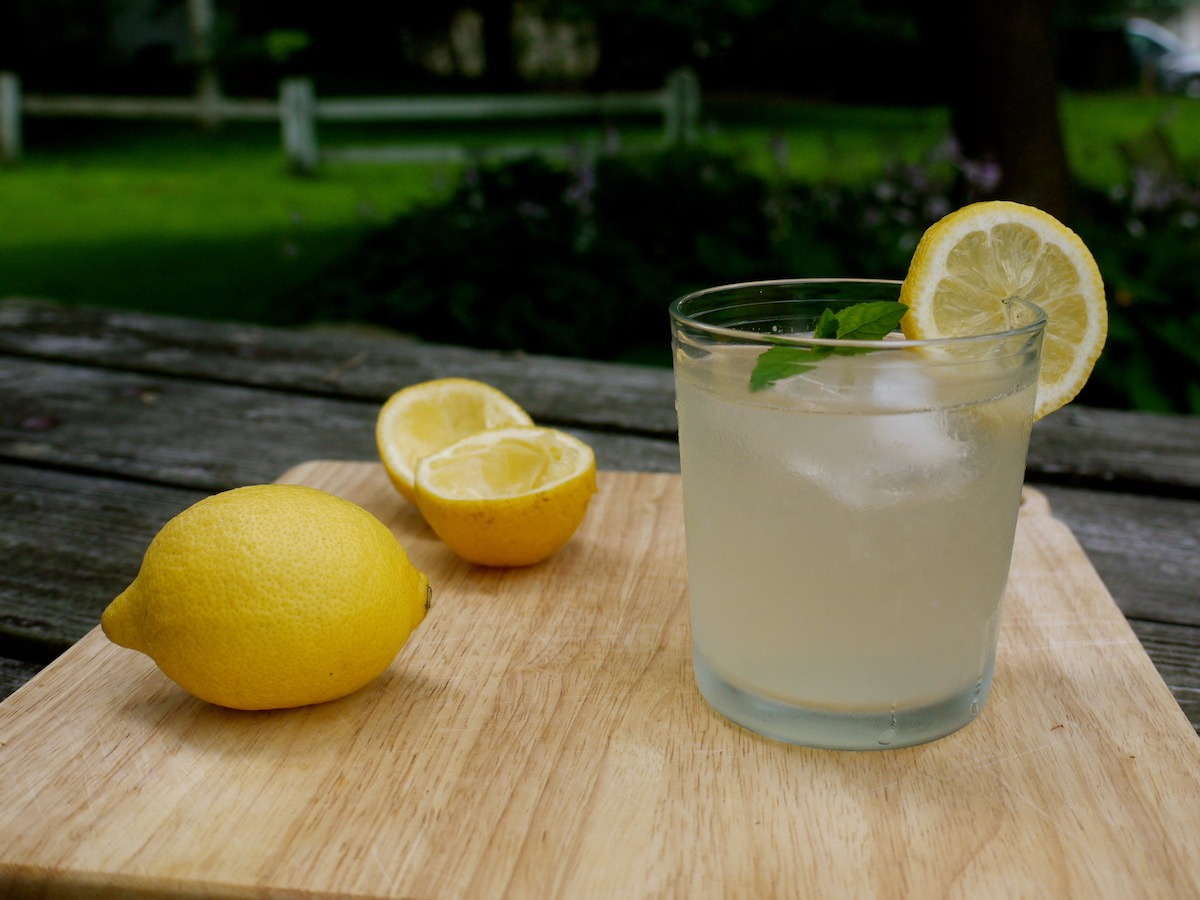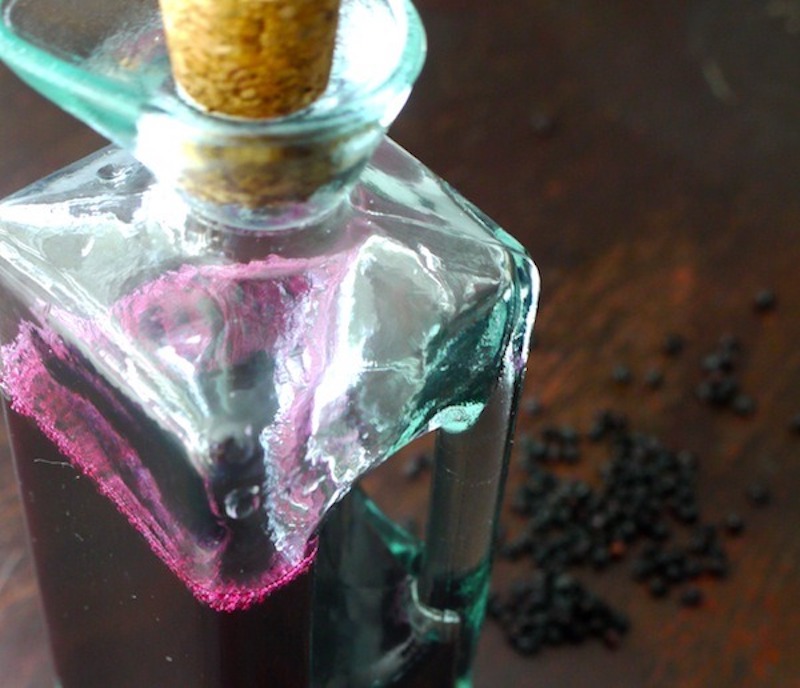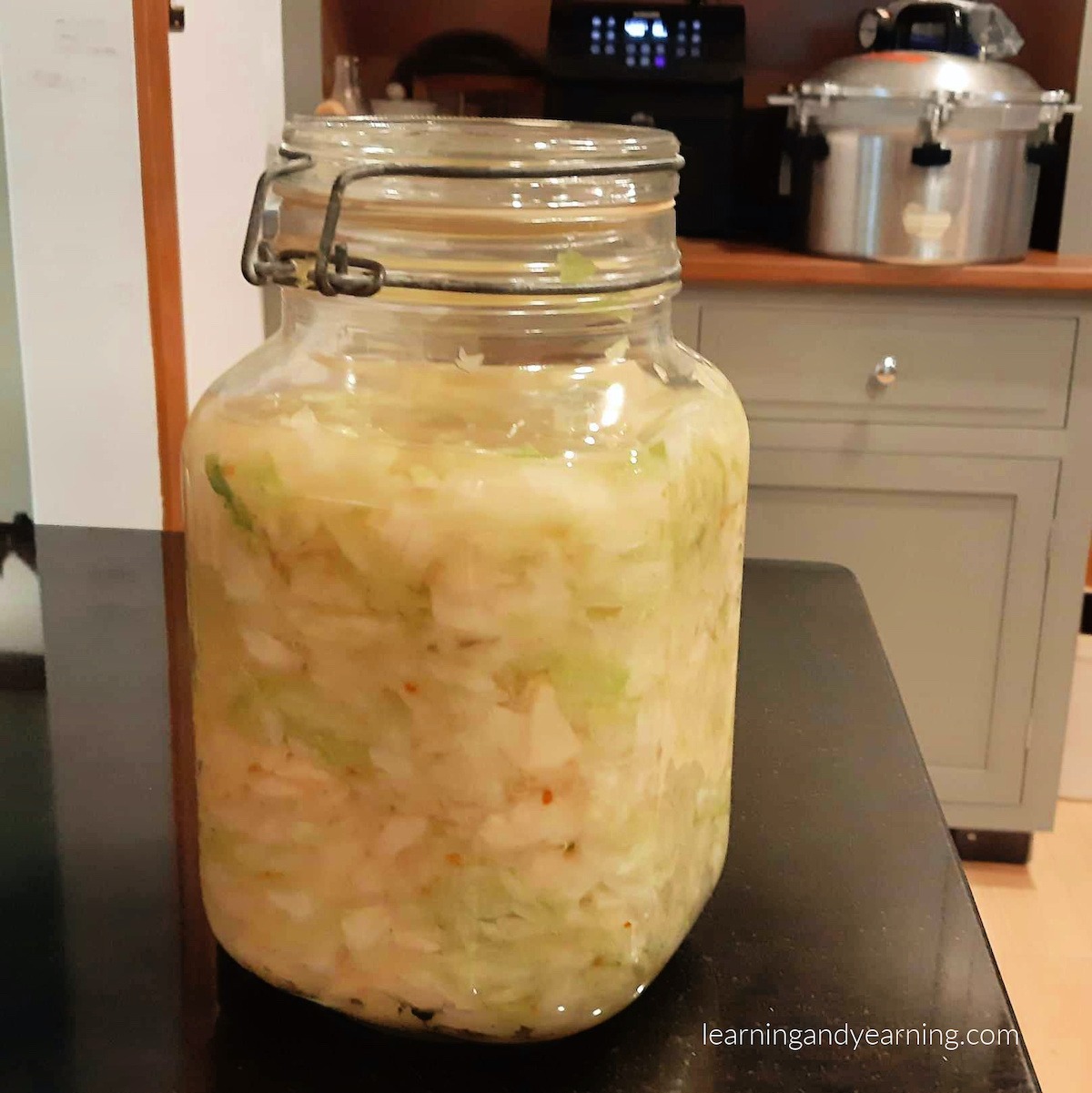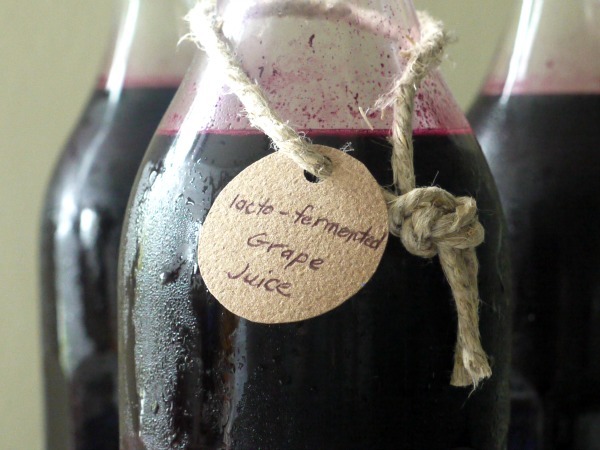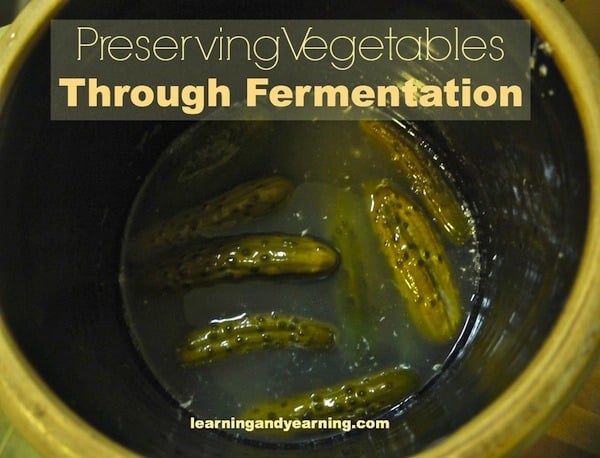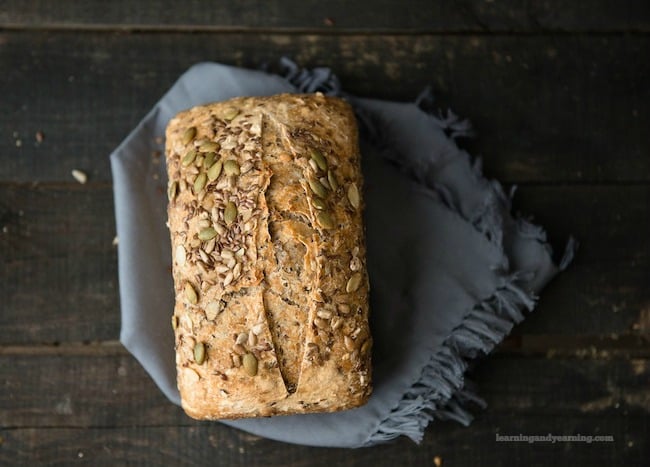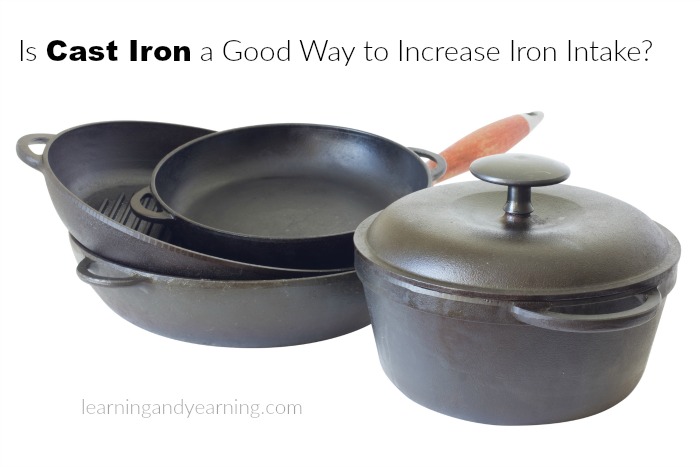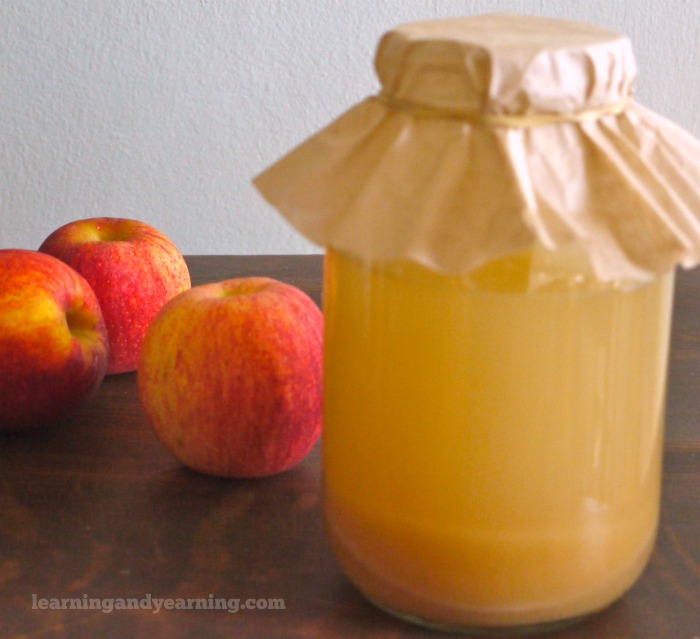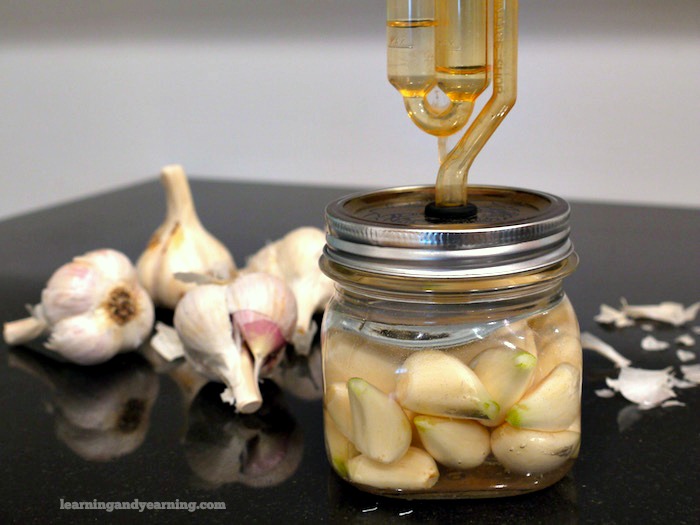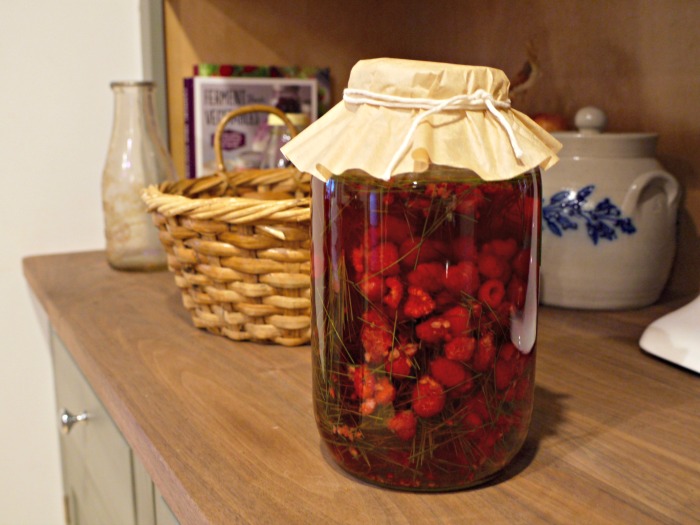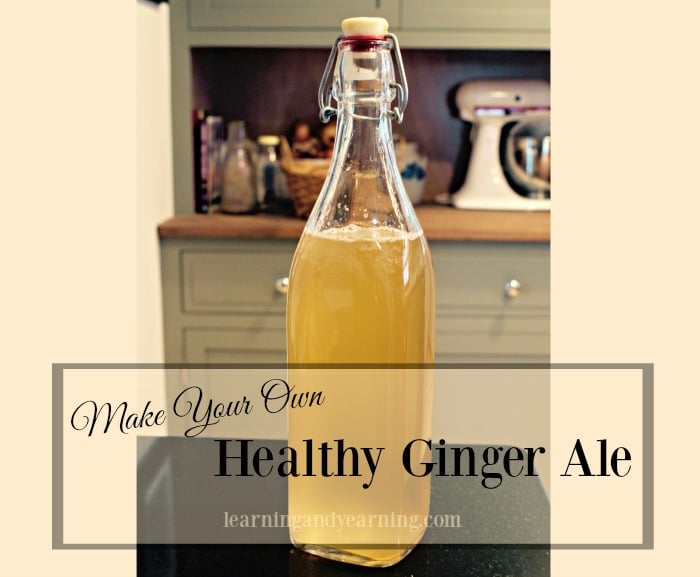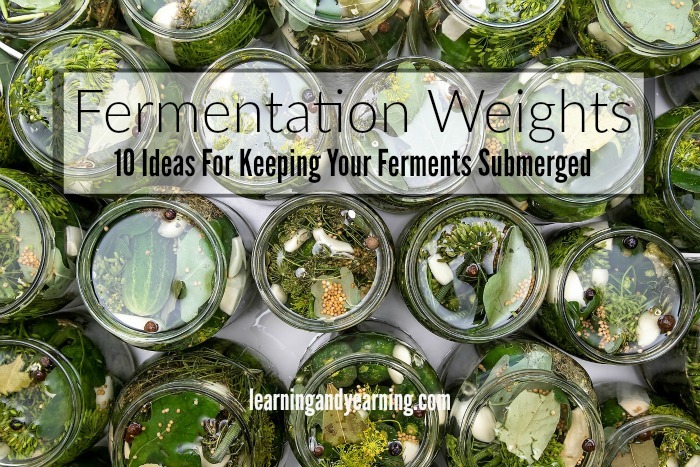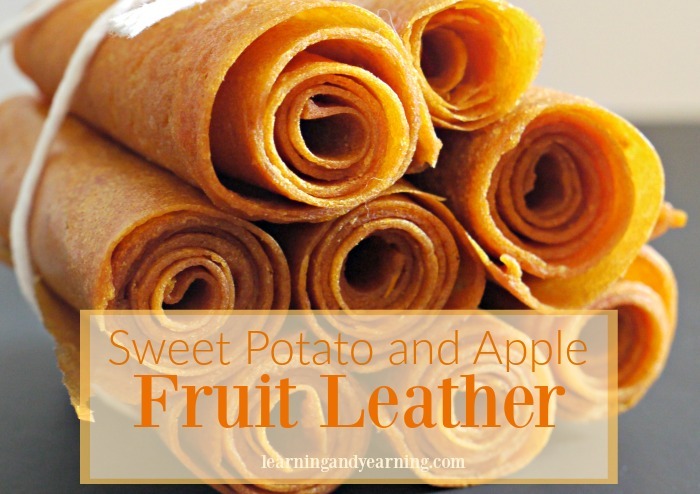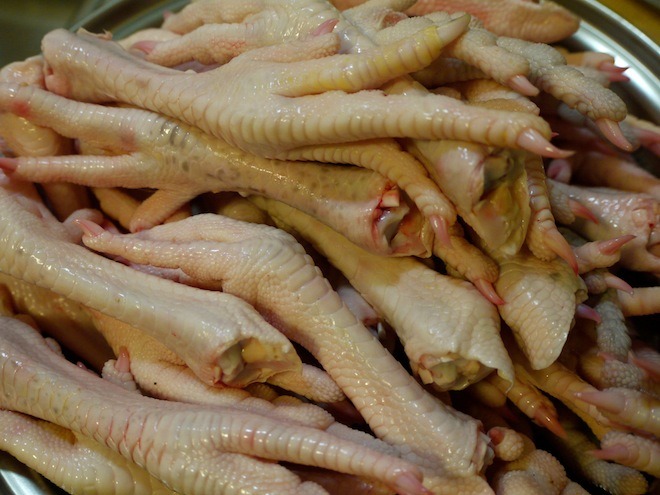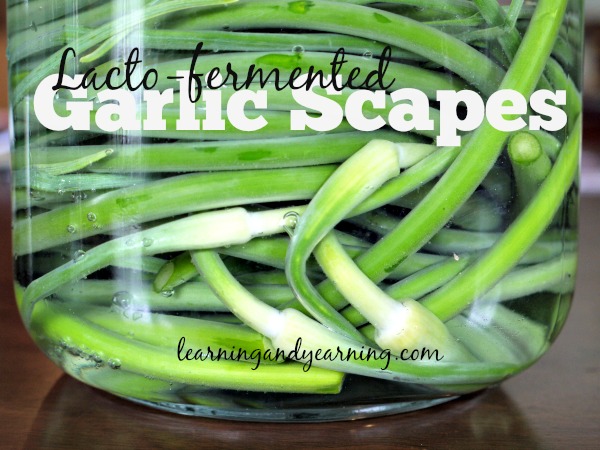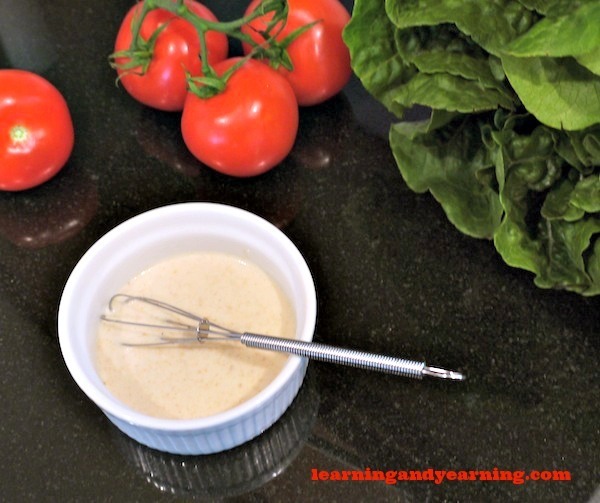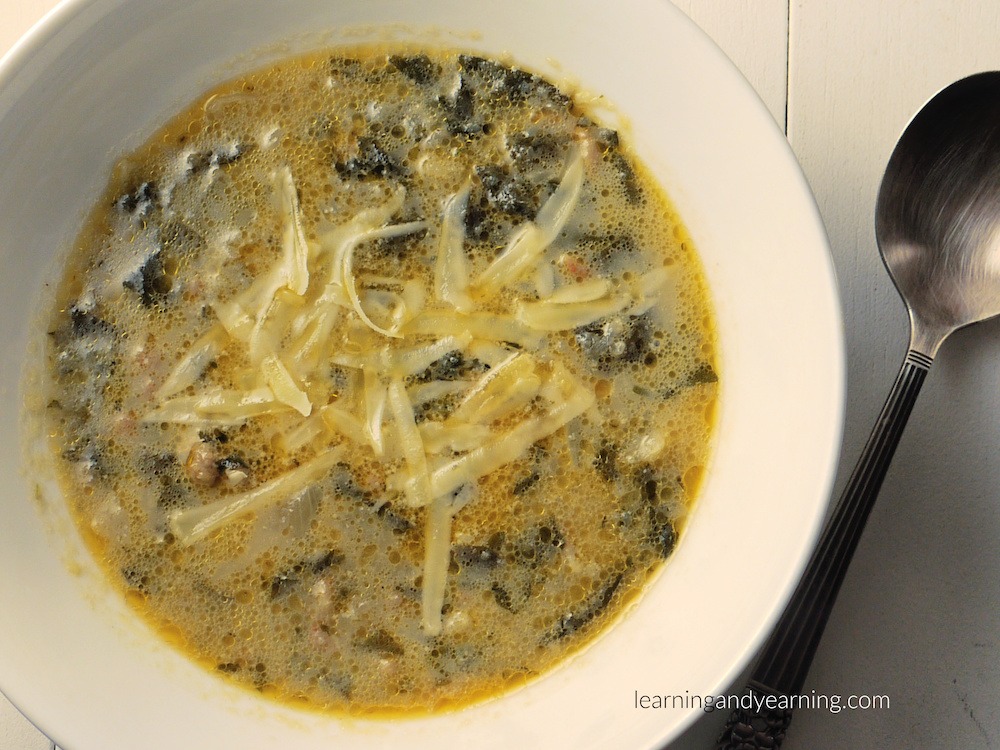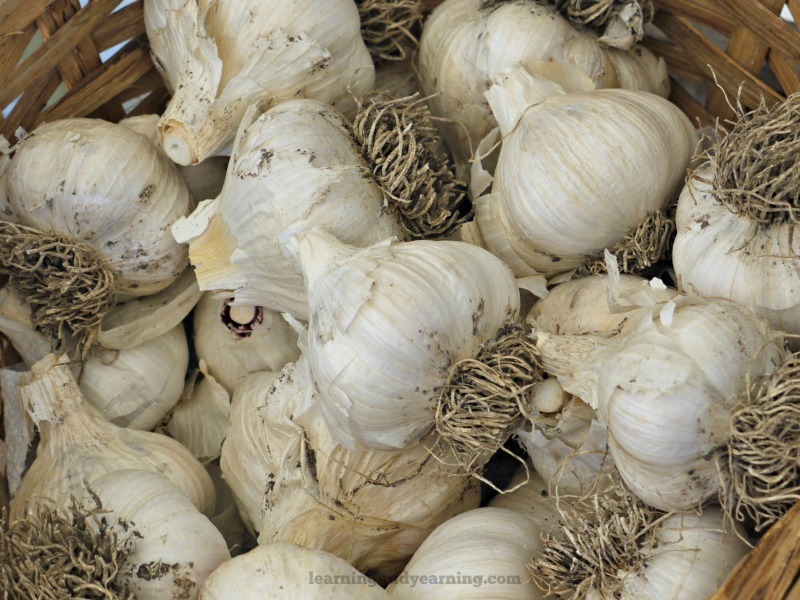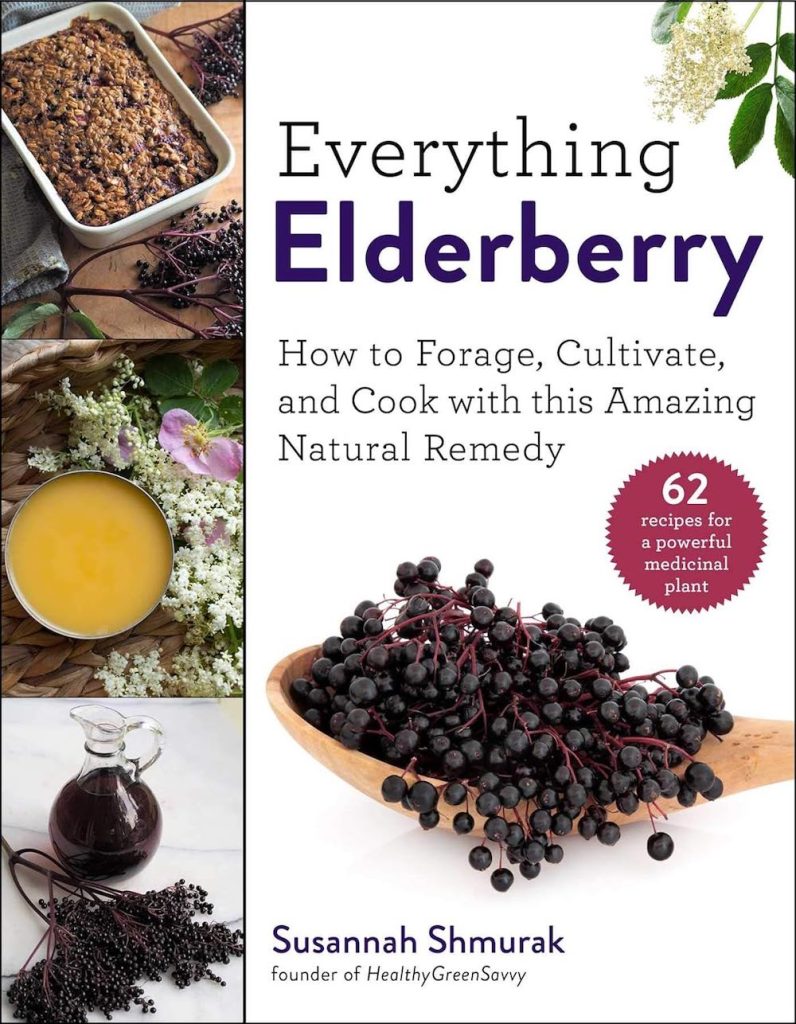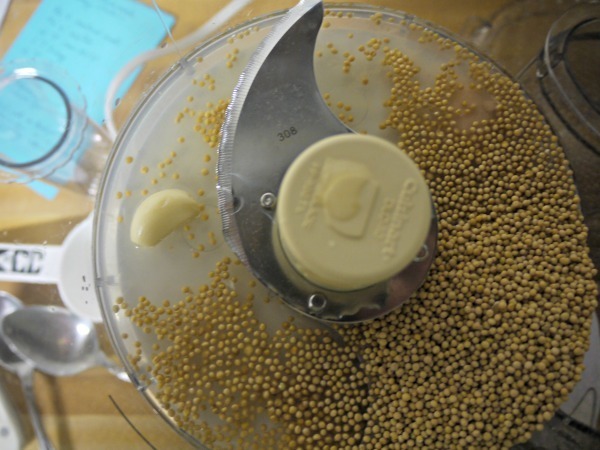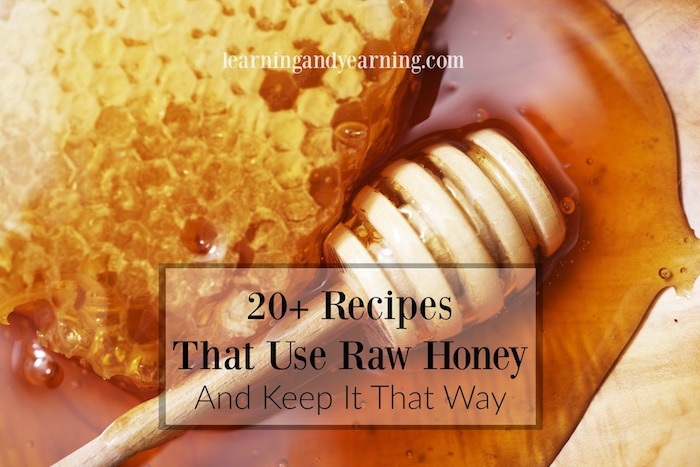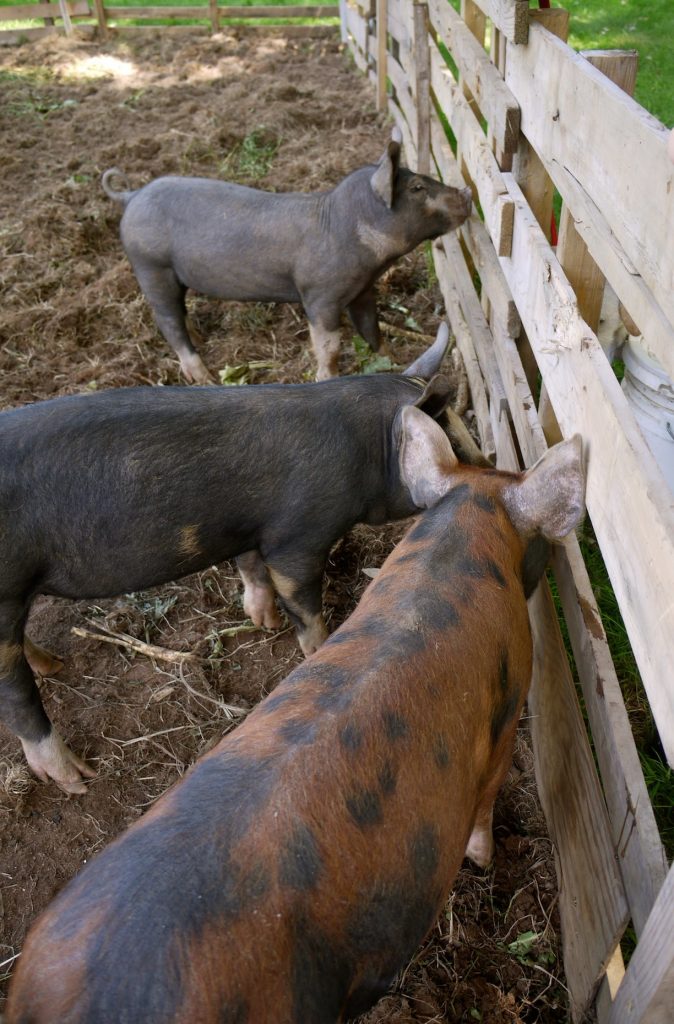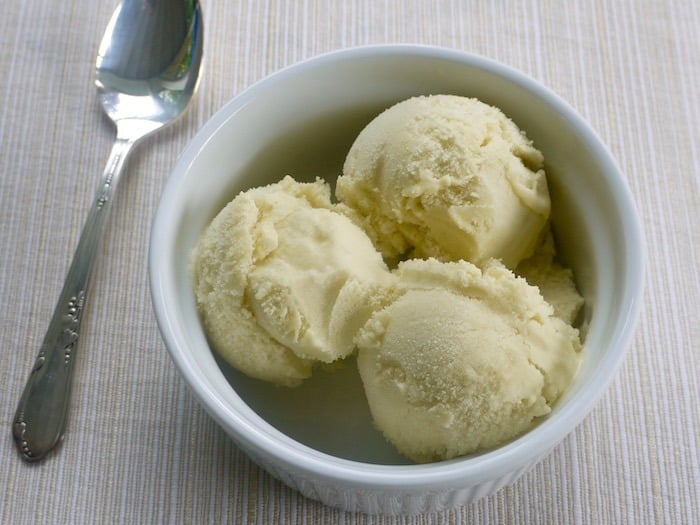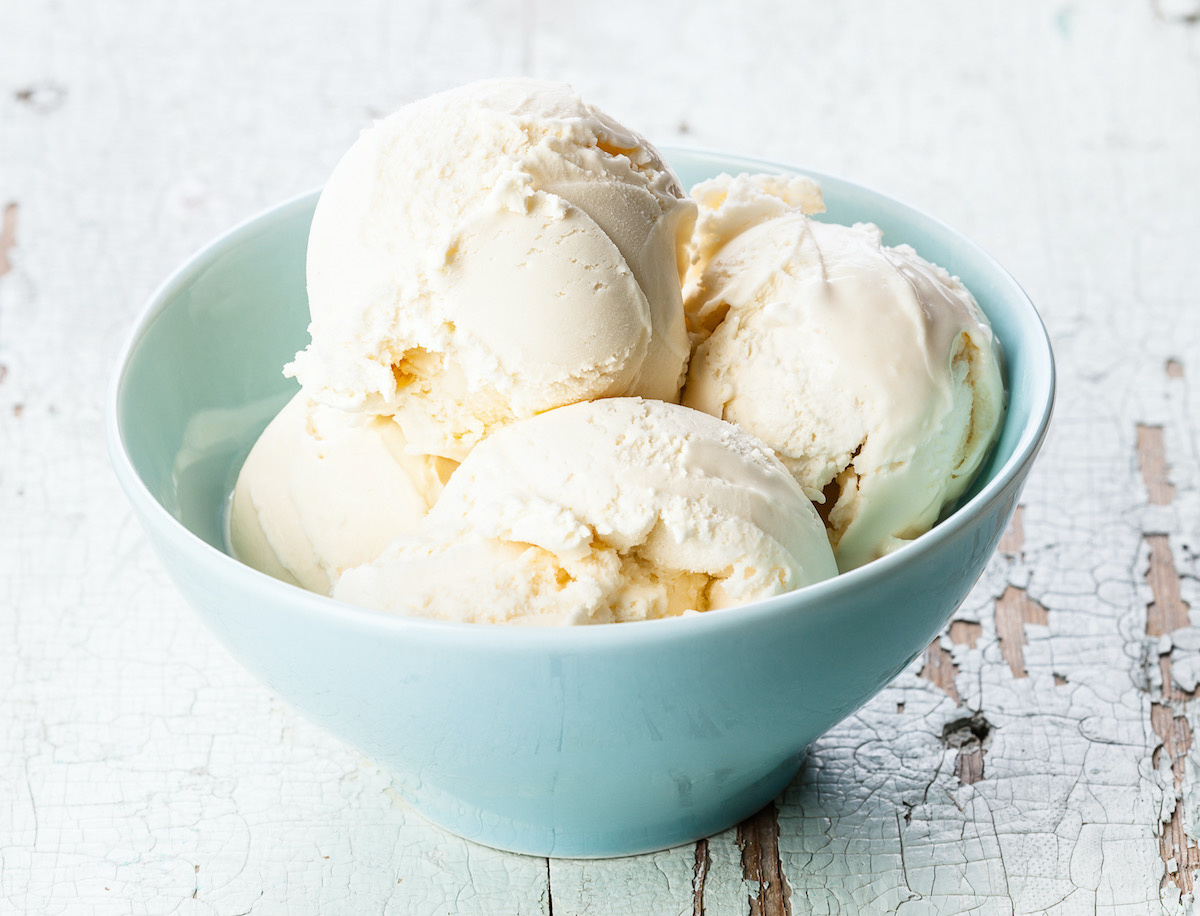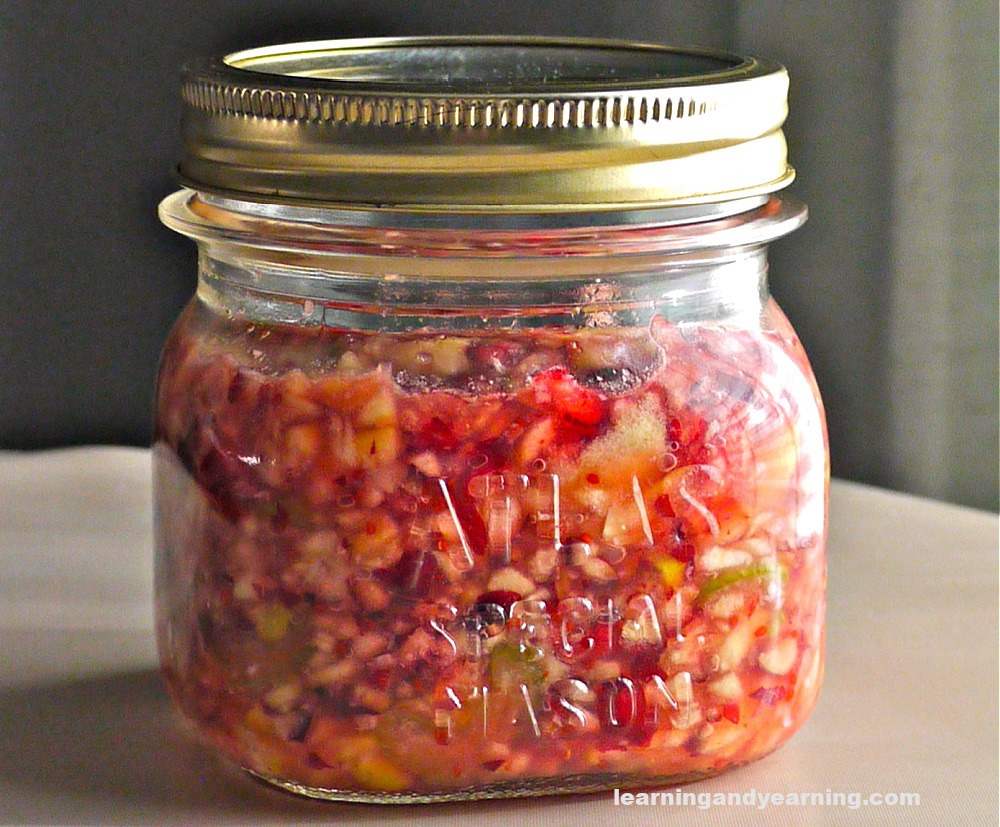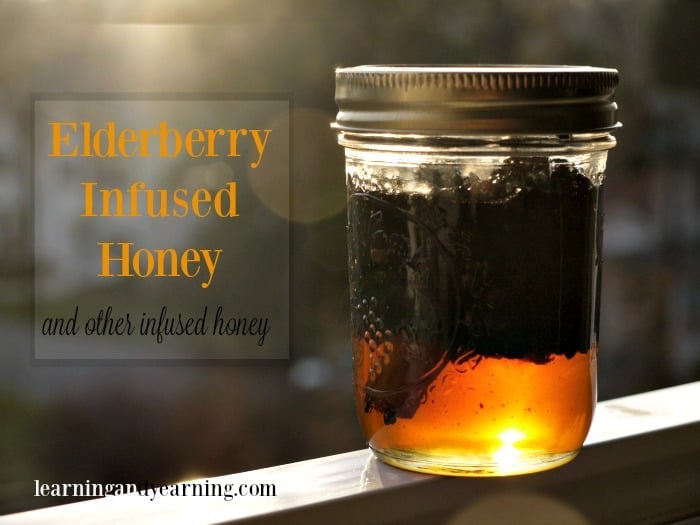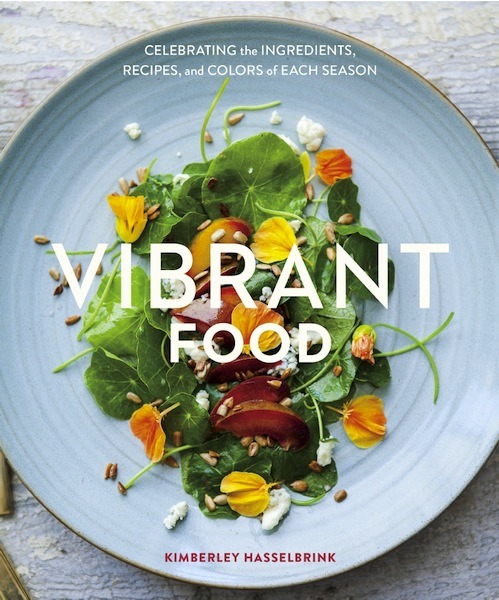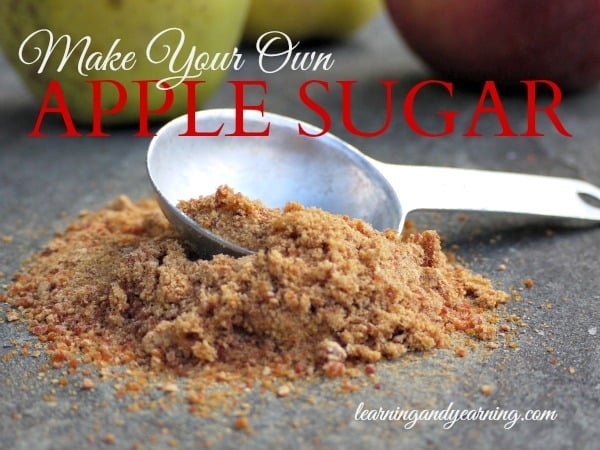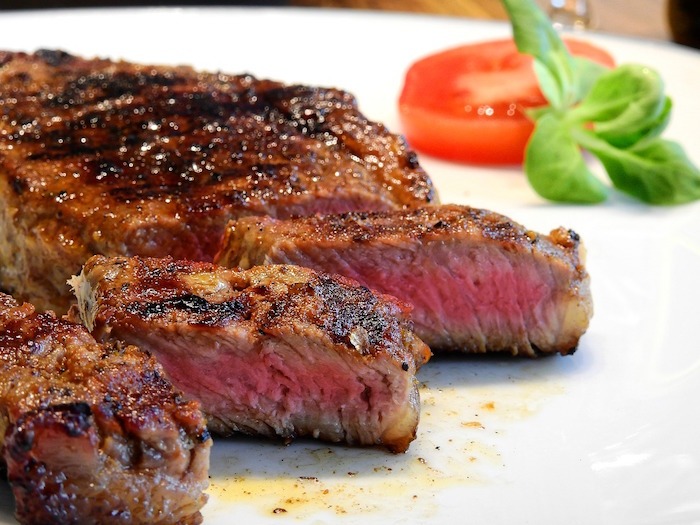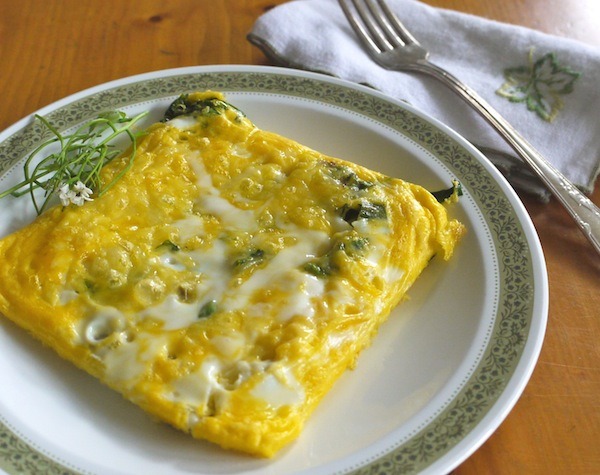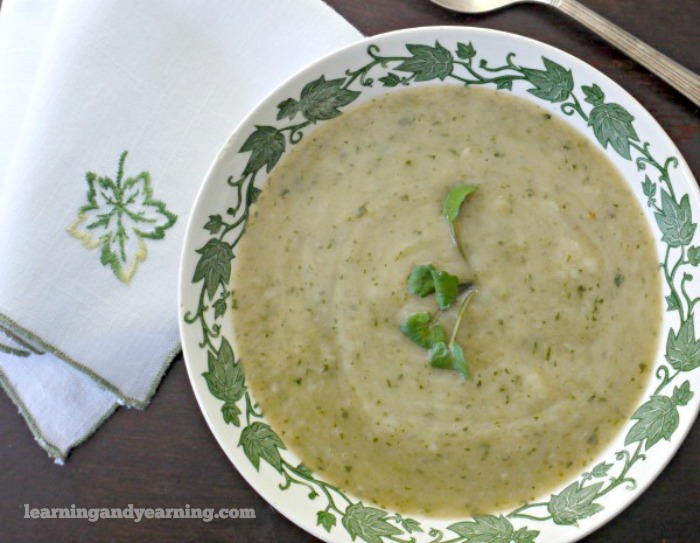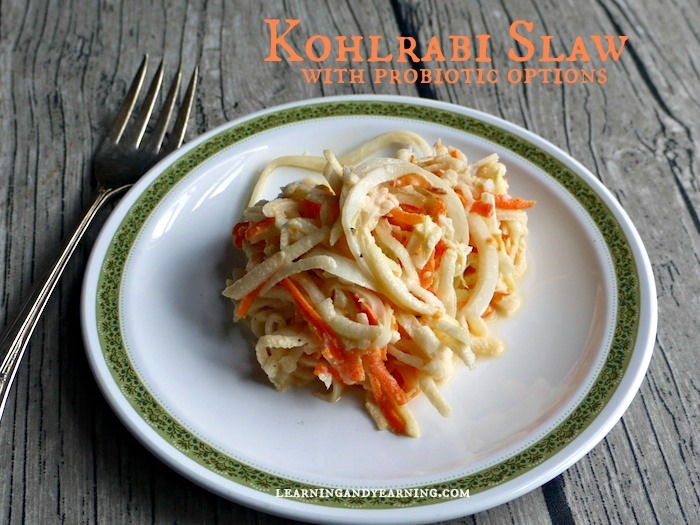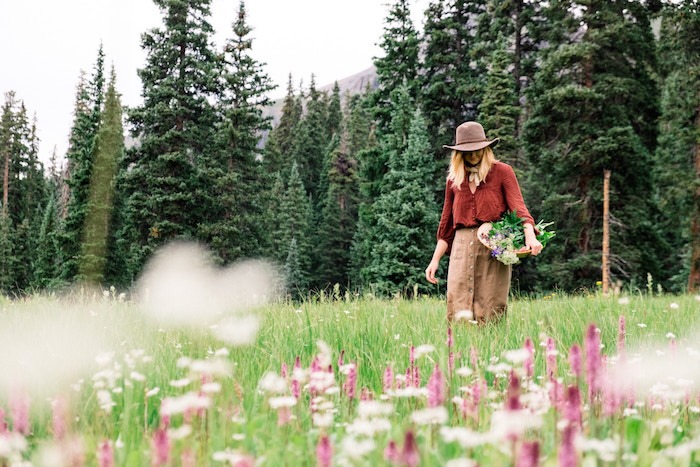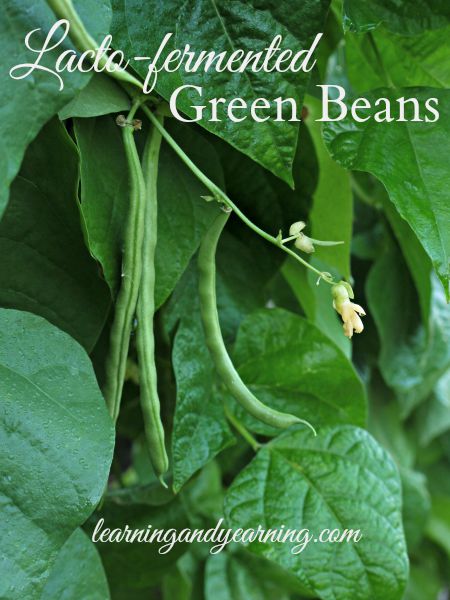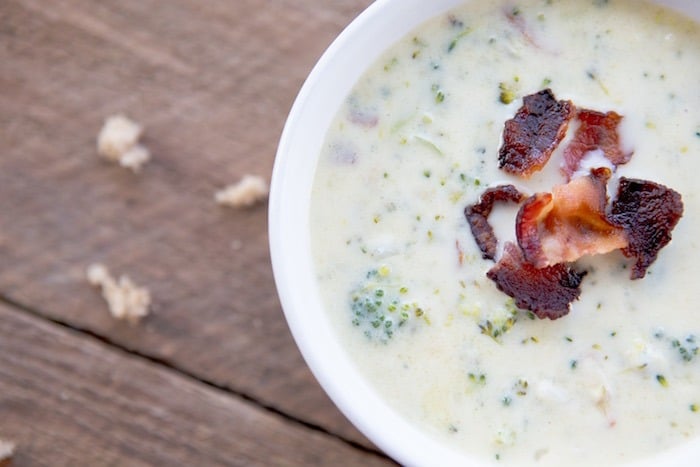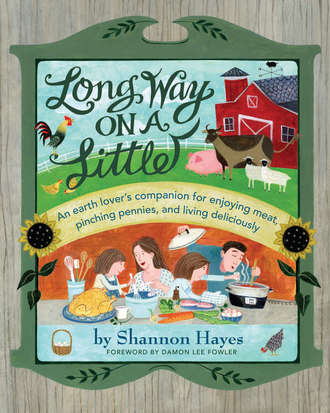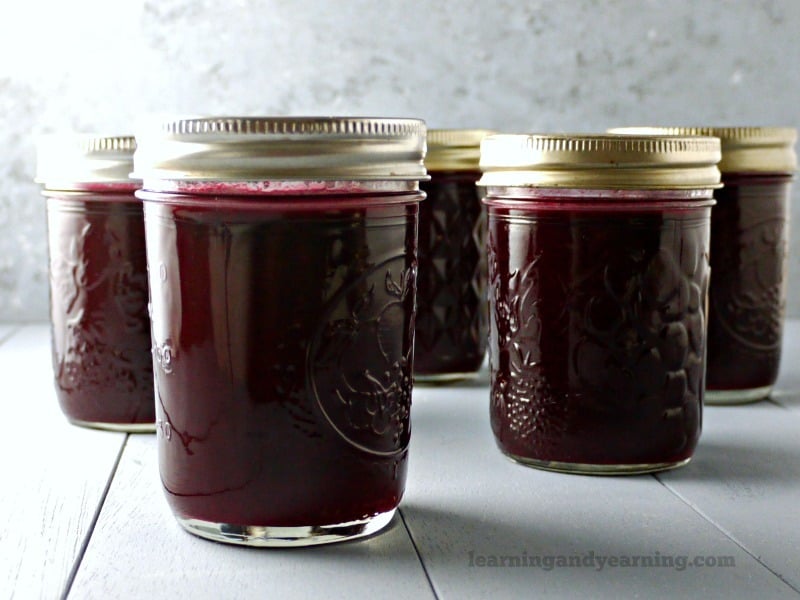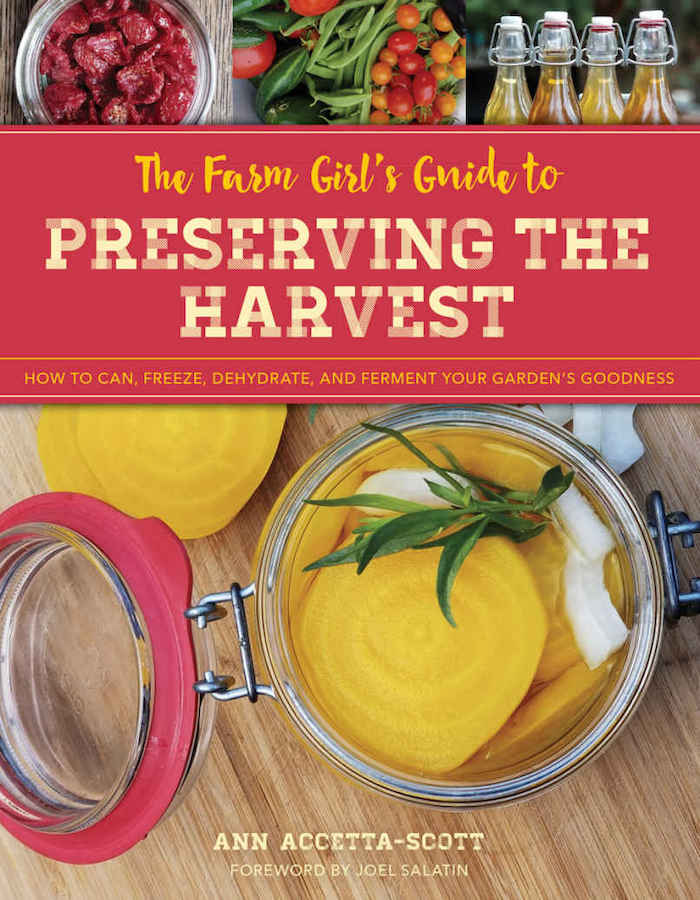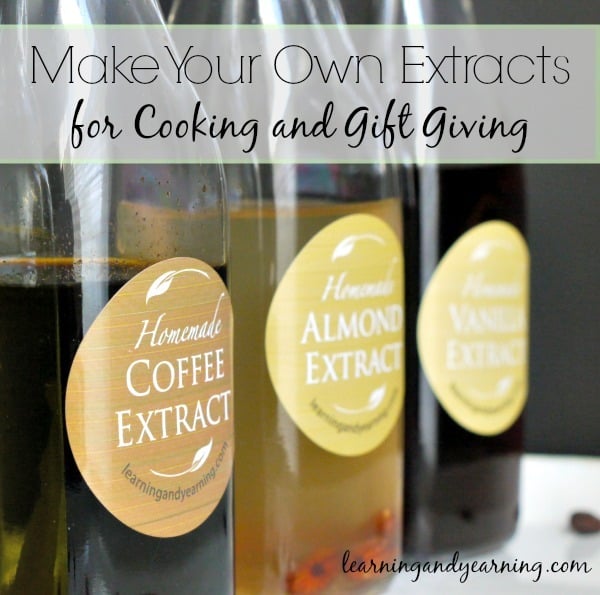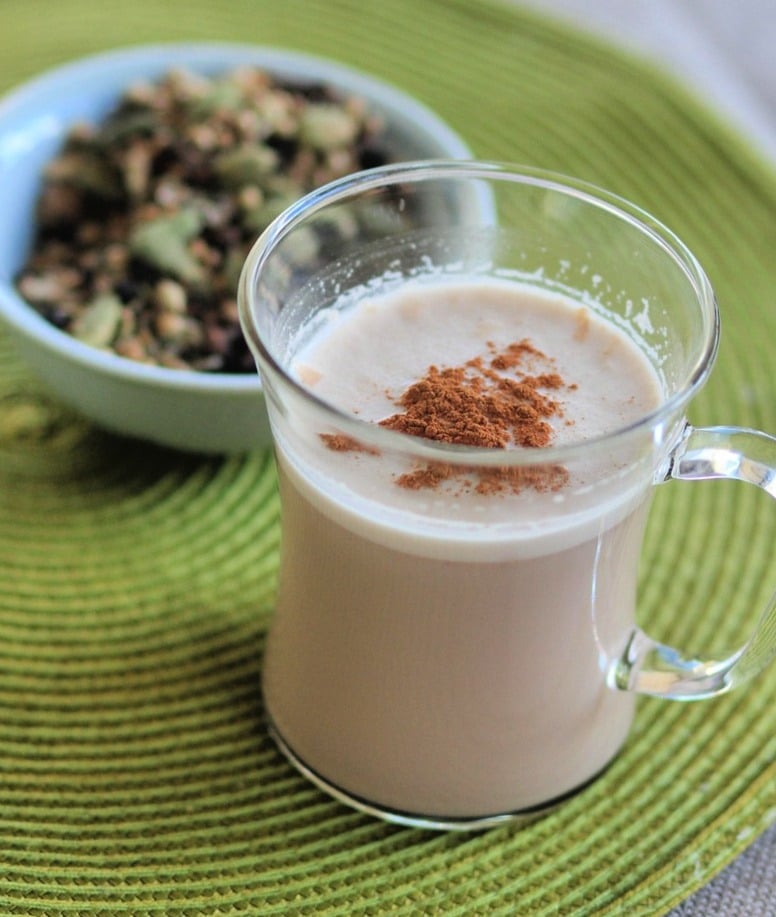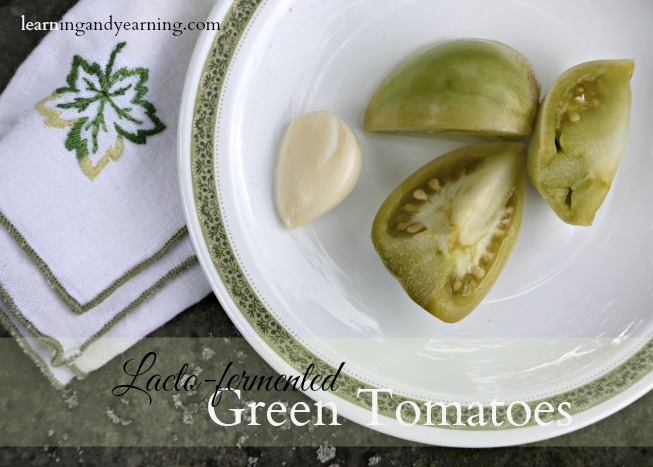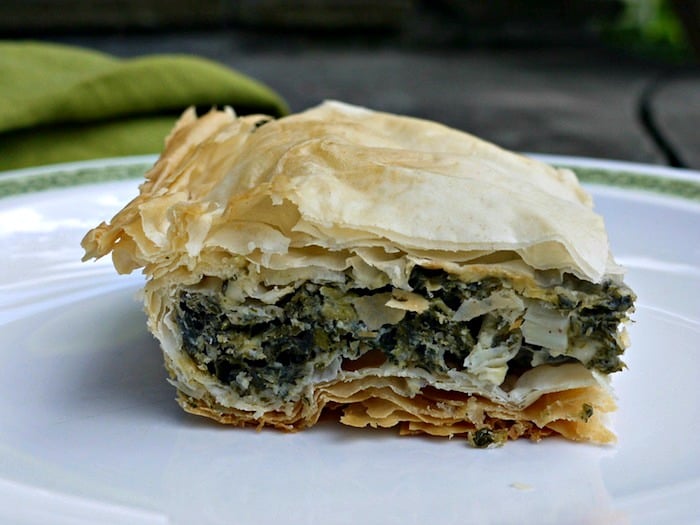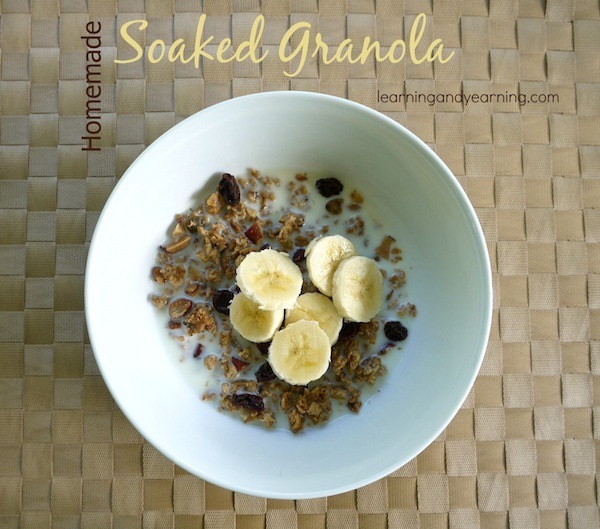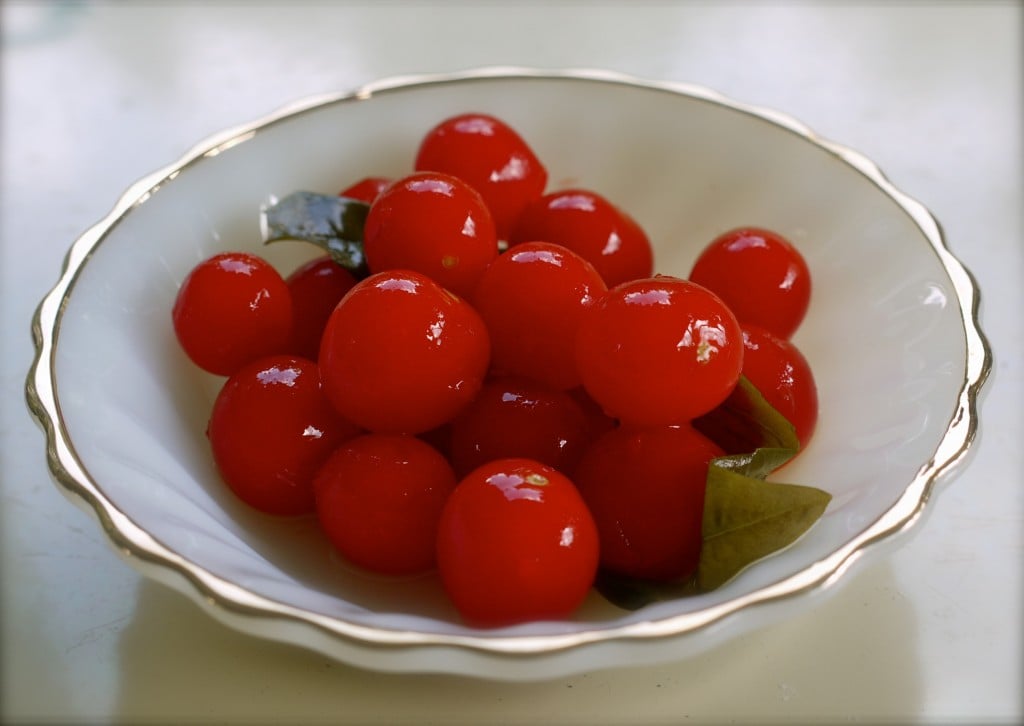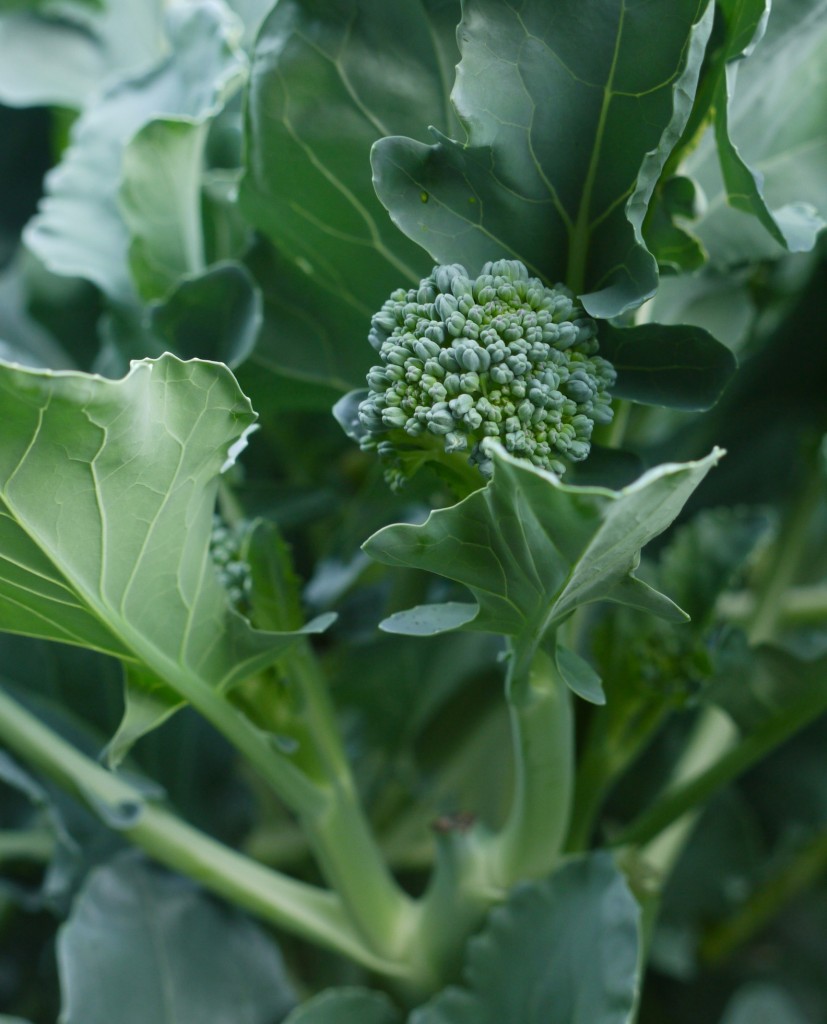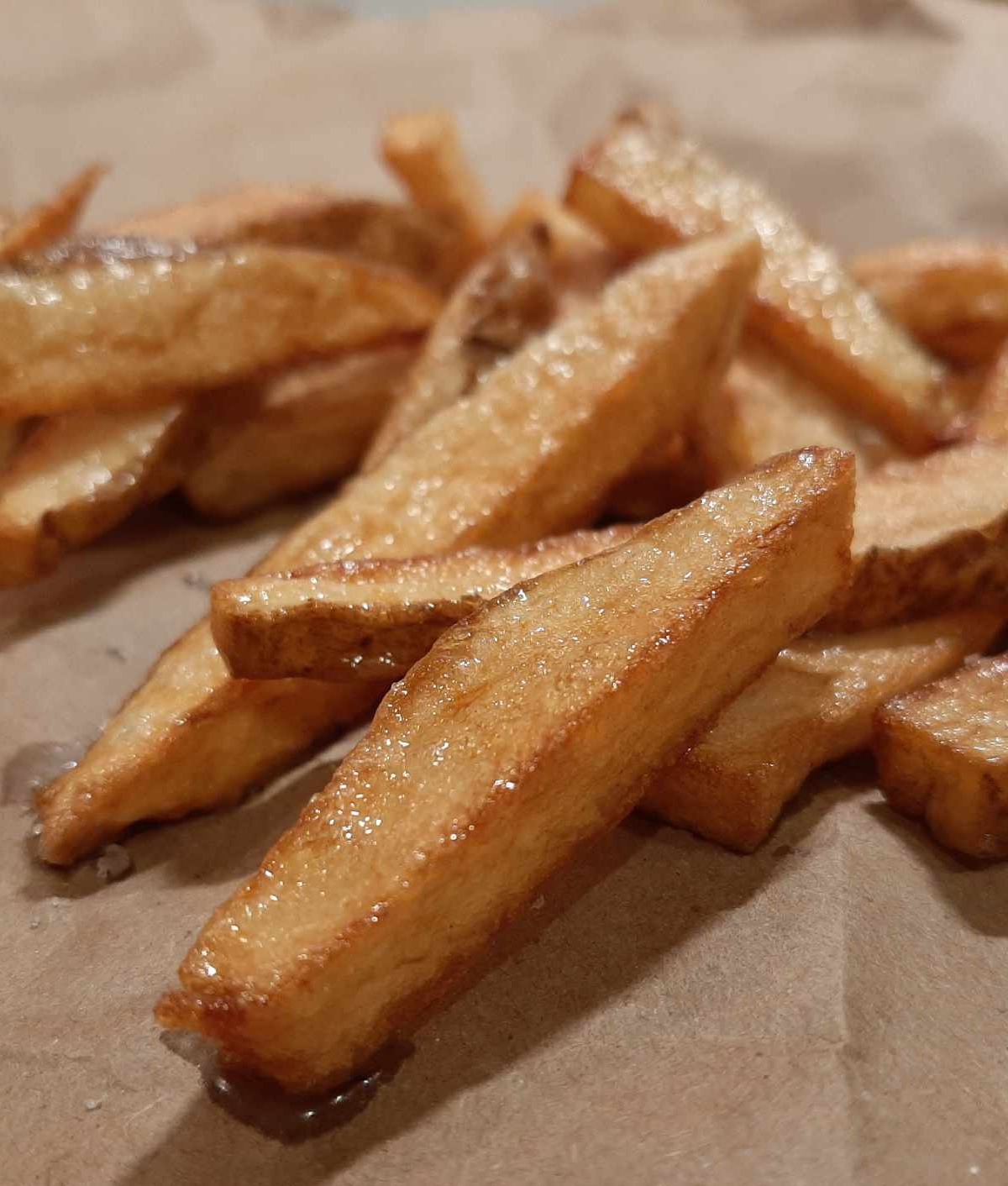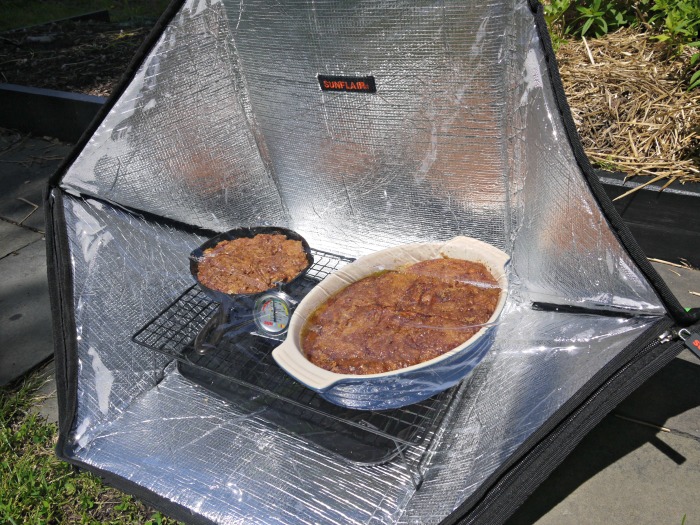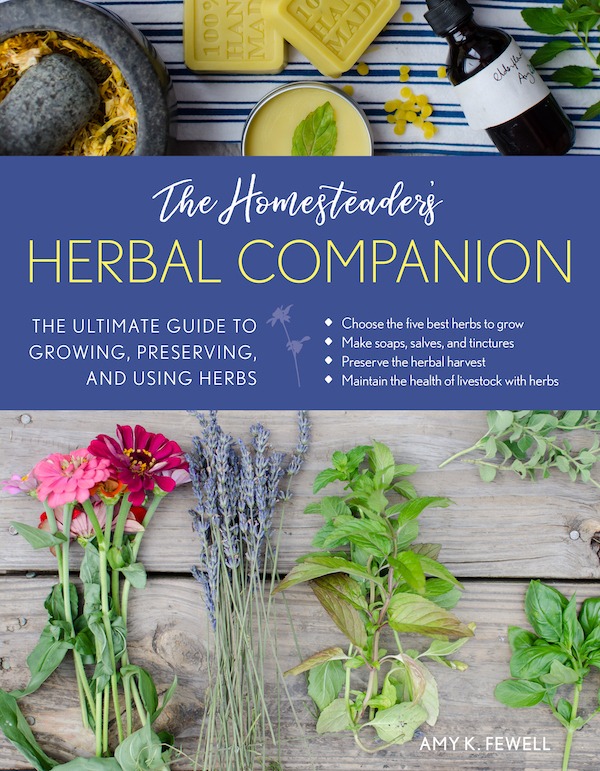The more scientists study probiotics, or good bacteria, the more we realize how essential they are to life and to health. You’ve read the articles that explain how beneficial bacteria can strengthen your immune system, help you to digest carbohydrates and absorb minerals, boost your production of certain vitamins, and more.
Amazingly, probiotics can also help protect you from the harmful effects of GMOs and ameliorate the effects of pesticides. But can good bacteria destroy potentially life threatening bacteria?
Proper Food Handling Does Not Always Mean Sterilization
I recently read Michael Pollan’s book, Cooked: A Natural History of Transformation, where I came across some really interesting information about good bacteria. Pollan introduces us to cheese-maker Sister Noëlla Marcelino who makes cheese the “old-world” way.
This Benedictine nun is also a microbiologist. The cheese she makes is raw, fungal-ripened, and made in a wooden barrel with a wooden paddle, both of which are covered in a white film consisting of milk solids and bacteria from the raw milk. The only cleaning the wood receives is a rinse in water.
In 1985, Connecticut state health inspectors insisted that Sister Noëlla stop using her wooden barrel and switch to stainless steel, a supposedly much more sanitary material. Because she believed that her wooden implements were essential to her cheese making success, and because she is a microbiologist, she conducted an experiment.
Sister Noëlla make two identical batches of cheese – one in her wooden barrel, and the other in a stainless steel vat. She then did something outlandish. She inoculated both with E. coli.
The results were astonishing. The cheese in the stainless steel vat had high levels of E. coli while the cheese in the wooden barrel had almost none.
The lactobacilli which lined the wooden barrel, as Sister Noëlla predicted, created an environment in which the E. coli could not survive. In this instance, the health inspector was a reasonable person and allowed Sister Noëlla to continue making her cheese in her wooden barrel, which she continues to do to this day.
Sister Noëlla is no fool. She insists that her raw milk be handled carefully and that using raw milk is not a guarantee of safety. Her studies have shown her that there are more virulent bacteria today than in bygone years, and that our digestive systems are not as healthy as those of our ancestors.
But to be sure, her filmy wooden barrel and paddle were not a breeding ground of disease, as the health inspector had assumed.
While E. coli infections are mild in most people, they can also be life threatening. Nurturing beneficial gut flora is always a good idea and I’ve noted several ways to do that in my post Nurture Beneficial Gut Flora.
Proper handling of all food is essential, but proper food handling does not always mean sterilization, which can itself be detrimental as Sister Noëlla has so beautifully demonstrated.
What do you think? Does good bacteria have a role in disease prevention that has been disregarded in our day of hyper-cleanliness and sterilization?
If you want to learn more about Sister Noëlla and her work, the 2006 documentary, The Cheese Nun will interest you.



